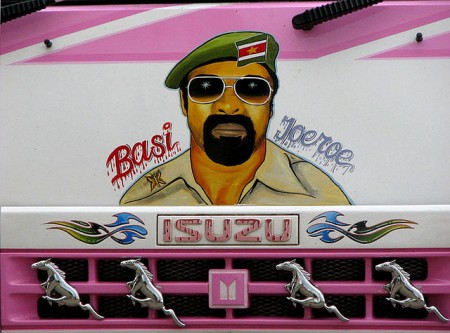
Suriname is not a country which often features in international news. Located on South America’s northern coast between Guyana and French Guiana, many people often forget this former Dutch colony even exists. Being out of the media spotlight has allowed what some might consider unusual developments to occur.
Whilst most states which have experienced military coups and dictatorships celebrate the removal of authoritarian rulers, Suriname went in the opposite direction. After having conceded defeat to Ronald Venetiaan in the 1991 elections after ten years in power, former military ruler Dési Bouterse left the armed forces and instead founded the National Democratic Party (NDP). In July 2010, just under twenty years after being ousted from government, Bouterse was duly elected President of Suriname.
Having gained a taste for power during his decade-long rule in the 1980s, he apparently embraced political life and, rather than instigate another coup, he put himself to the vote. His political campaign targeted the youth demographic, using Bob Marley tracks at his rallies. This age group is especially important for Bouterse as they were not alive when the “December 1982” killings took place, for which he has been on trial since 2007. That a former dictator wanted for murder is now President may lead some to question whether there was underhand political chicanery involved.
